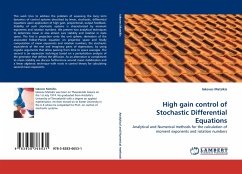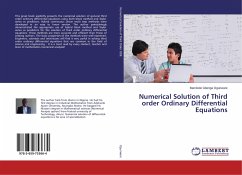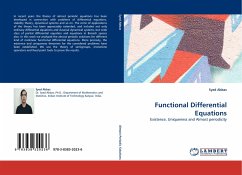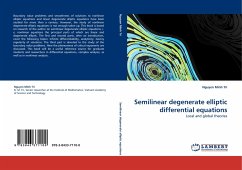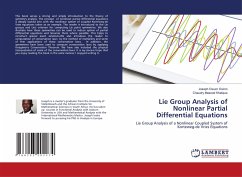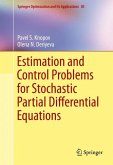This work tries to address the problem of assessing the long term dynamics of control systems described by linear, stochastic, differential equations upon application of high gain, proportional, output feedback. Stability of such stochastic systems is characterized by moment exponents and rotation numbers. We present two analytical techniques to determine mean or else almost sure stability and rotation in state space. The first is projection onto the unit sphere, derivation of the associated Fokker-Planck equation on projective space and finally computation of mean exponents and rotation numbers, the stochastic equivalents of the real and imaginary parts of eigenvalues, by using ergodic arguments that allow passing from time to space averages. The second is an expansion technique based on a perturbation analysis of the generator that defines the diffusion. As an alternative or compliment to mean stability we discuss furthermore second mean stabilization and a linear algebraic technique with roots in control theory for calculating second mean exponents.
Bitte wählen Sie Ihr Anliegen aus.
Rechnungen
Retourenschein anfordern
Bestellstatus
Storno

